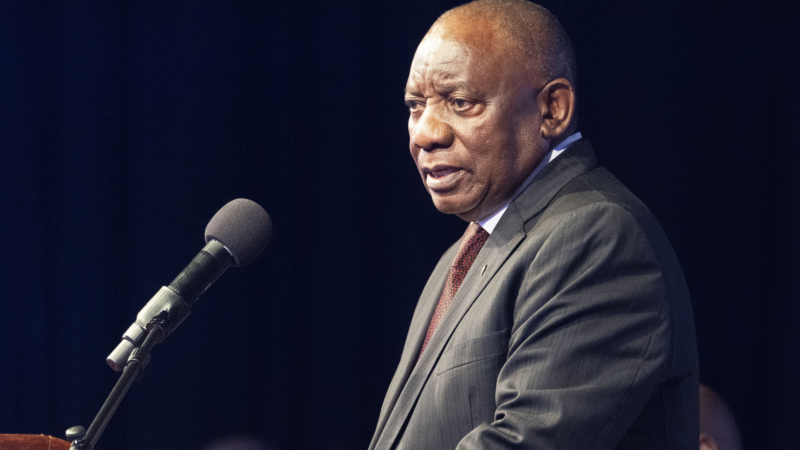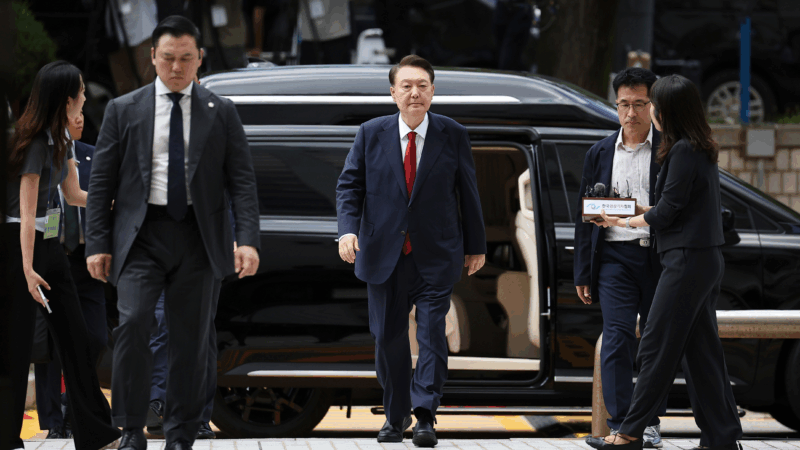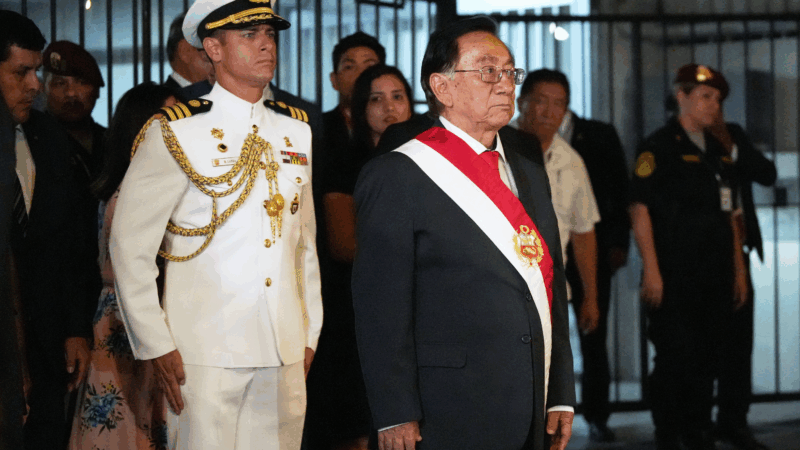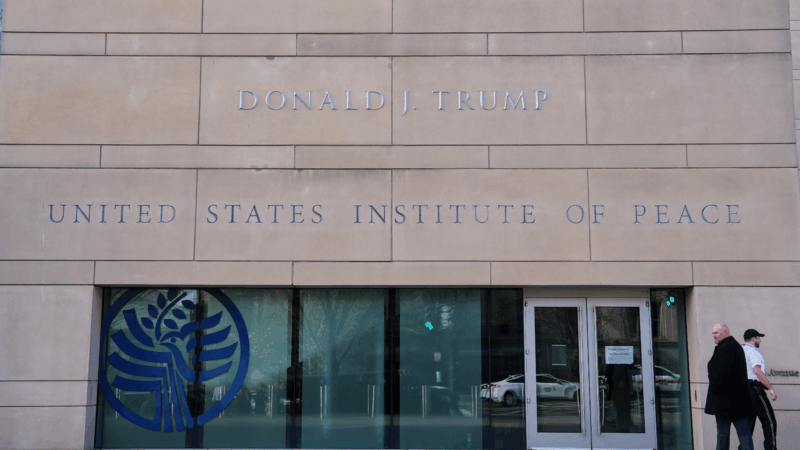Trump to meet South African president amid deteriorating relations
JOHANNESBURG — South African President Cyril Ramaphosa will travel to Washington next week to meet President Trump at the White House on Wednesday “to discuss bilateral, regional and global issues of interest,” his office has announced.
The visit comes as relations between the U.S. and South Africa are at their lowest since the end of apartheid. Trump has repeatedly claimed that “terrible things are happening” in South Africa, and invited Afrikaners to apply for refugee status in the U.S. On Monday, the first group of some 59 white South Africans who had been approved arrived in Washington on a U.S. government-chartered plane.
The statement from Ramaphosa’s office said that next week’s visit “provides a platform to reset the strategic relations between the two countries.”
In February, Trump cut all aid to South Africa – a longtime ally of the U.S. – in an executive order. The order cited the fact that the South African government – a firm supporter of Palestinians – accused Israel of genocide for its war against Hamas in Gaza, filing a suit in the International Court of Justice in the Hague. It also alleged, without evidence, that white South Africans of Dutch descent, known as Afrikaners, were being persecuted because of their race.
Refugee nonprofits noted the Trump administration gave the group that arrived on Monday an extraordinary reception not usually given to refugees – with high-ranking state department officials turning out to welcome them. The Afrikaners, including children, were given small American flags to wave and were told by Deputy Secretary of State Chris Landau that “it is such an honor to have you here.”
Landau drew parallels with the Afrikaners’ arrival in “the land of the free” and his own family’s experience fleeing Nazi Germany.
The spectacle left many South Africans watching at home incredulous and saw Ramaphosa make his strongest remarks on the matter yet. He said the group of Afrikaners were “cowards,” because they just didn’t want to live in the new South Africa, which has Black-majority rule. He said many longed for the old days of apartheid.
He dismissed claims by Trump, and his South African-born advisor Elon Musk, that Afrikaners are having their land confiscated or are being unfairly treated, noting, “We’re the only country on the continent where the colonizers came to stay and we have never driven them out of our country.”
Ramaphosa said he talked to Trump about the resettlements on the phone, and tried to clarify the issue, saying the U.S. leader had got “the wrong end of the stick.”
Next week, he’ll get a chance to remake his argument in person.
But despite experts and data contradicting Trump’s claims about South Africa, the U.S. administration has continued with its broadsides against Pretoria, including refusing to take part in G20 events the country is hosting this year as the group’s current president. Secretary of State Marco Rubio also kicked out the new ambassador from South Africa earlier this year — accusing him of being a “race baiting politician” and hating Donald Trump.
Ramaphosa is a seasoned negotiator, who was instrumental in the talks that saw the transition from apartheid to democracy in the 1990s. However, some South Africans took to social media saying they are concerned Trump could be intending to humiliate him, noting the now infamous Oval Office meeting with Ukrainian President Volodymyr Zelenskyy earlier this year.
Iran and the U.S. lean into gunboat diplomacy as nuclear talks hang in balance
Iran and the United States leaned into gunboat diplomacy Thursday, with Tehran holding drills with Russia and the Americans bringing another aircraft carrier closer to the Mideast.
Former South Korean President Yoon receives life sentence for imposing martial law
Former President Yoon Suk Yeol was sentenced to life in prison for his brief imposition of martial law in December 2024.
José María Balcázar becomes Peru’s eighth president in a decade
José María Balcázar has become Peru's new interim president, replacing another interim leader who was removed over corruption allegations just four months into his term.
Trump gathers members of Board of Peace for first meeting, with some U.S. allies wary
President Donald Trump will gather Thursday with representatives from more than two dozen countries that have joined his Board of Peace, for a meeting that will focus on the reconstruction of Gaza.
With a win over Sweden, the U.S. men’s hockey team will play for an Olympic medal
A thrilling overtime goal by defenseman Quinn Hughes puts Team USA through to a semifinal game against Slovakia. On the other side of the bracket, Canada had its own close call, but moves on to face Finland.
Zuckerberg grilled about Meta’s strategy to target ‘teens’ and ‘tweens’
The billionaire tech mogul's testimony was part of a landmark social media addiction trial in Los Angeles. The jury's verdict in the case could shape how some 1,600 other pending cases from families and school districts are resolved.







